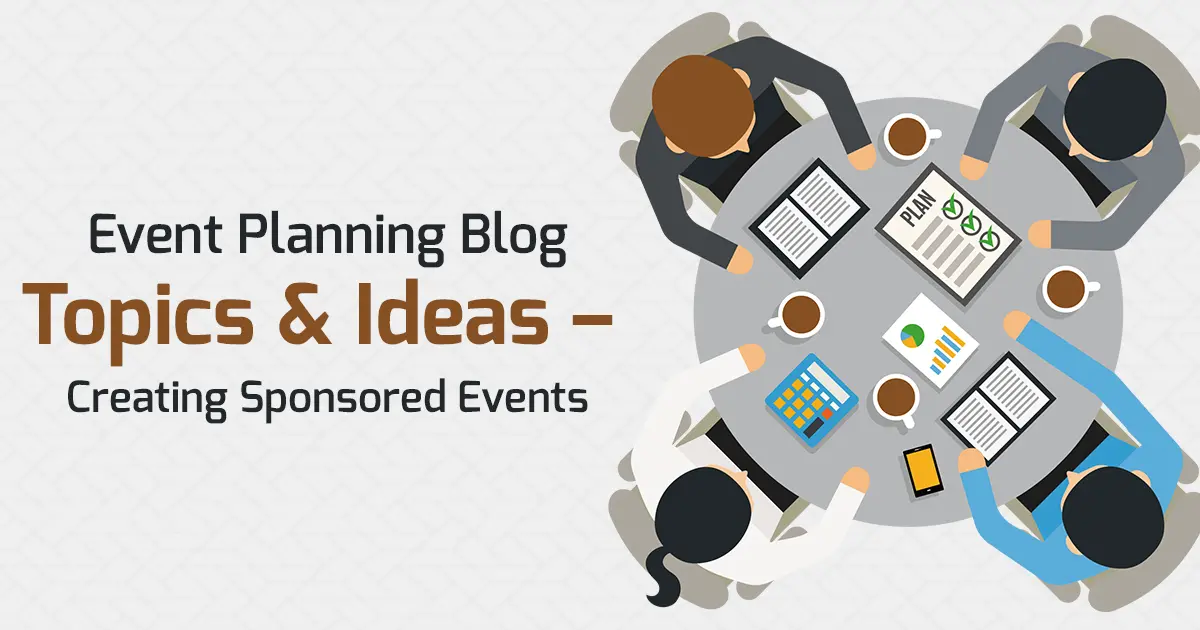Event planning blogs provide valuable insights and resources for event organizers, professionals, and enthusiasts.
These blogs serve as a platform to share creative ideas, tips, and strategies to make events successful and memorable.
In this article, we will explore various event planning blog topics that can engage readers and offer valuable knowledge.
We’ll focus on ideas that revolve around event promotion and marketing, covering pre-event, during-event, and post-event strategies.
By optimizing these topics for search engines, event planners can attract a broader audience and establish themselves as trusted sources in the industry.
1. Pre-Event Marketing Strategies: Building Anticipation
a. Crafting Compelling Event Invitations: Discuss the art of creating captivating event invitations that pique the interest of potential attendees. Explore various design ideas, messaging techniques, and call-to-action strategies that encourage RSVPs and generate excitement.
b. Social Media Promotion: Leveraging the Power of Platforms: Guide readers on leveraging social media platforms to build buzz and anticipation before the event. Offer tips on creating engaging content, leveraging event hashtags, running contests, and utilizing influencer partnerships.
c. Email Marketing Campaigns: Maximizing Reach and Engagement: Share insights on effective email marketing strategies to promote events. Discuss building subscriber lists, crafting engaging email content, leveraging automation, and personalization techniques to nurture relationships with potential attendees.
2. During-Event Marketing: Creating Memorable Experiences
a. Live Social Media Coverage: Amplifying the Event: Highlight the importance of real-time social media coverage during events to engage attendees and extend reach. Provide guidance on creating engaging posts, utilizing live video streams, and encouraging user-generated content to capture and share event highlights.
b. Interactive Experiences: Enhancing Attendee Engagement: Explore creative ideas to enhance attendee engagement during the event, such as interactive booths, gamification, polls, surveys, and live Q&A sessions. Share success stories and best practices to inspire event planners.
c. Branding and Visual Identity: Creating a Cohesive Experience: Discuss the significance of maintaining consistent branding and visual identity throughout the event. Provide tips on incorporating branding elements into signage, promotional materials, and event decor to reinforce the event’s messaging and leave a lasting impression.
3. Post-Event Marketing: Sustaining Momentum and Measuring Success
a. Event Recap Content: Extending the Event’s Lifespan: Share strategies for creating compelling event recap content that extends the event’s impact beyond its duration. Discuss the power of event recap videos, blog posts, and photo galleries to generate buzz, engage attendees, and attract future participants.
b. Collecting Feedback and Reviews: Enhancing Future Events: Explore the importance of gathering feedback and reviews from attendees to improve future events. Offer guidance on post-event surveys, testimonials, and leveraging positive reviews as social proof for future marketing efforts.
c. Post-Event Follow-ups: Nurturing Attendee Relationships: Discuss effective post-event follow-up strategies to nurture relationships with attendees and maintain engagement. Explore ideas such as personalized thank-you emails, exclusive offers, and invitations to upcoming events to keep the conversation going.
Conclusion
Event planning blogs play a crucial role in providing valuable insights and inspiration to event organizers and professionals.
By focusing on event planning blog topics that revolve around event promotion and marketing, event planners can attract a wider audience and establish themselves as industry leaders.
From pre-event marketing strategies that build anticipation to during-event marketing tactics that create memorable experiences and post-event marketing efforts that sustain momentum, there is a wealth of creative ideas to explore.
Use these topics as a starting point to craft engaging content that educates, inspires, and empowers event planners in their journey to create successful and unforgettable events.


